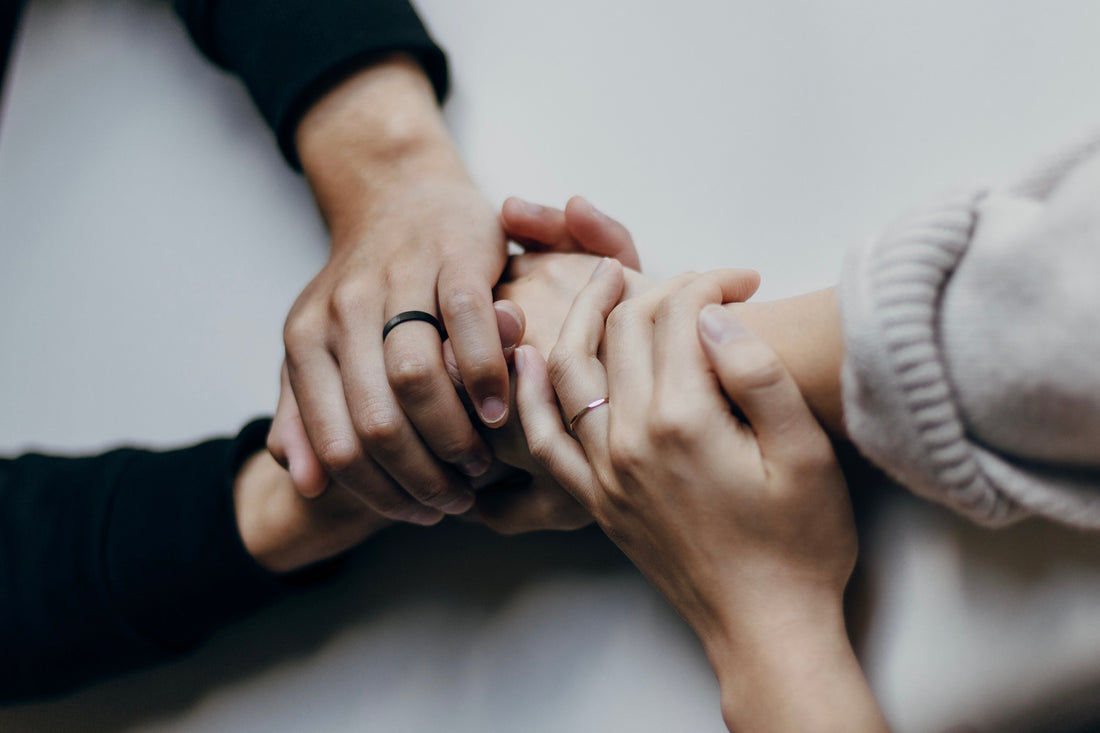
How to Plan for Your End-of-Life After Losing a Loved One
Share
Losing a loved one can be a profound moment that forces us to confront our own mortality. This realization often prompts us to think about our own end-of-life wishes, legacy, and the importance of making arrangements to ease the burden on our family and friends. If you’ve recently experienced a loss, it may be the right time to consider your end-of-life plan.
In this article, we’ll guide you through the essential steps for planning your end-of-life, from understanding the importance of wills to selecting an urn for your ashes.
The Importance of Facing Mortality
Grief often brings to light the reality of death. While it may be an uncomfortable subject, facing our mortality can be empowering. It allows us to live more fully and make intentional choices about how we want to be remembered. A well-planned end-of-life arrangement can also reduce stress for your loved ones, providing them clarity and comfort during a difficult time.
Why You Should Have a Will
Creating a will is one of the most essential steps in end-of-life planning. This legal document ensures that your estate is distributed according to your wishes and can prevent potential conflicts among your family members. Without a will, your estate may be subject to lengthy probate processes and legal battles.
An estate plan can also include more than just financial arrangements. It may specify the type of funeral service you want, how your remains should be handled, and personal preferences that reflect your values.
Selecting an Urn That Reflects Your Legacy
Choosing an urn is an important and often overlooked part of planning for your end-of-life. While the topic might seem morbid, selecting a vessel for your ashes can be a deeply personal decision that honors your life’s journey. Whether you’re looking for something traditional or unique, the right urn can become a lasting symbol of your legacy.
Welkin Memorials offers beautifully crafted urns that can reflect your personality, taste, and the love your family holds for you. Our collection of ceramic vase urns provides a dignified resting place for your remains while also serving as a meaningful keepsake for your loved ones.
ABOUT ELDR
Looking at the entire picture may feel a bit overwhelming, especially while processing the loss of someone you love. That is why ELDR was created - to support people through important end of life planning conversations and better equip them to live more fully now, because they have prepared for later.
ELDR provides this support through their marketplace of experienced, compassionate ELDRs; end of life experts who are available to walk you through an 8 conversation package and better prepare you for your end of life.
To learn more about ELDR’s work and to find an ELDR who matches your specific needs, visit their website here.
